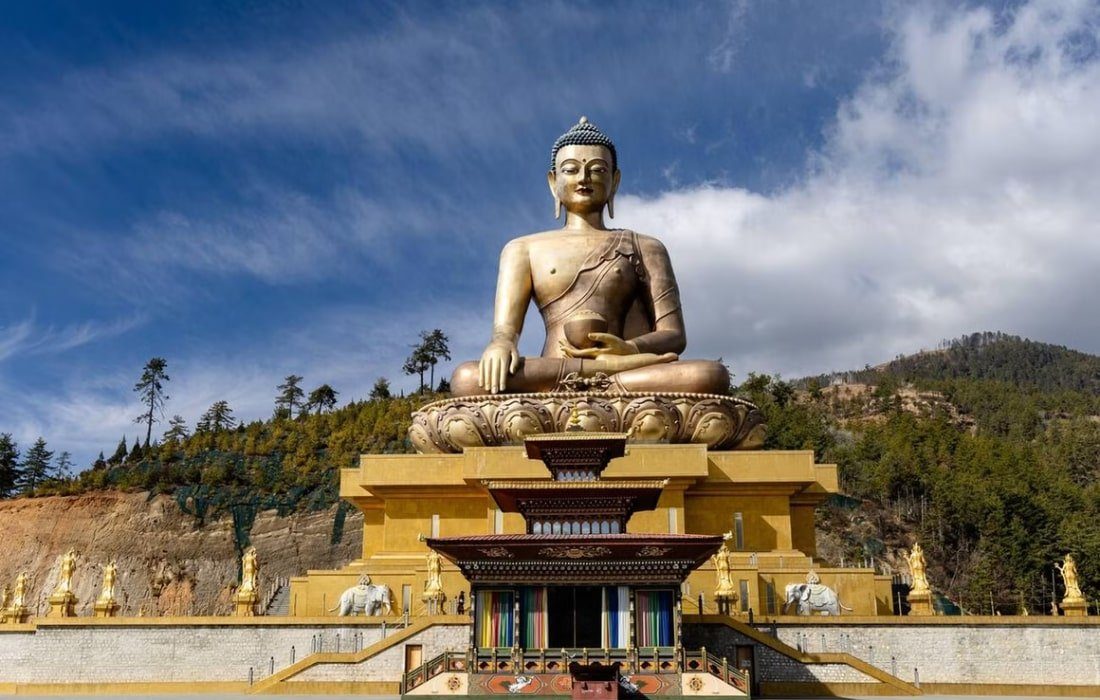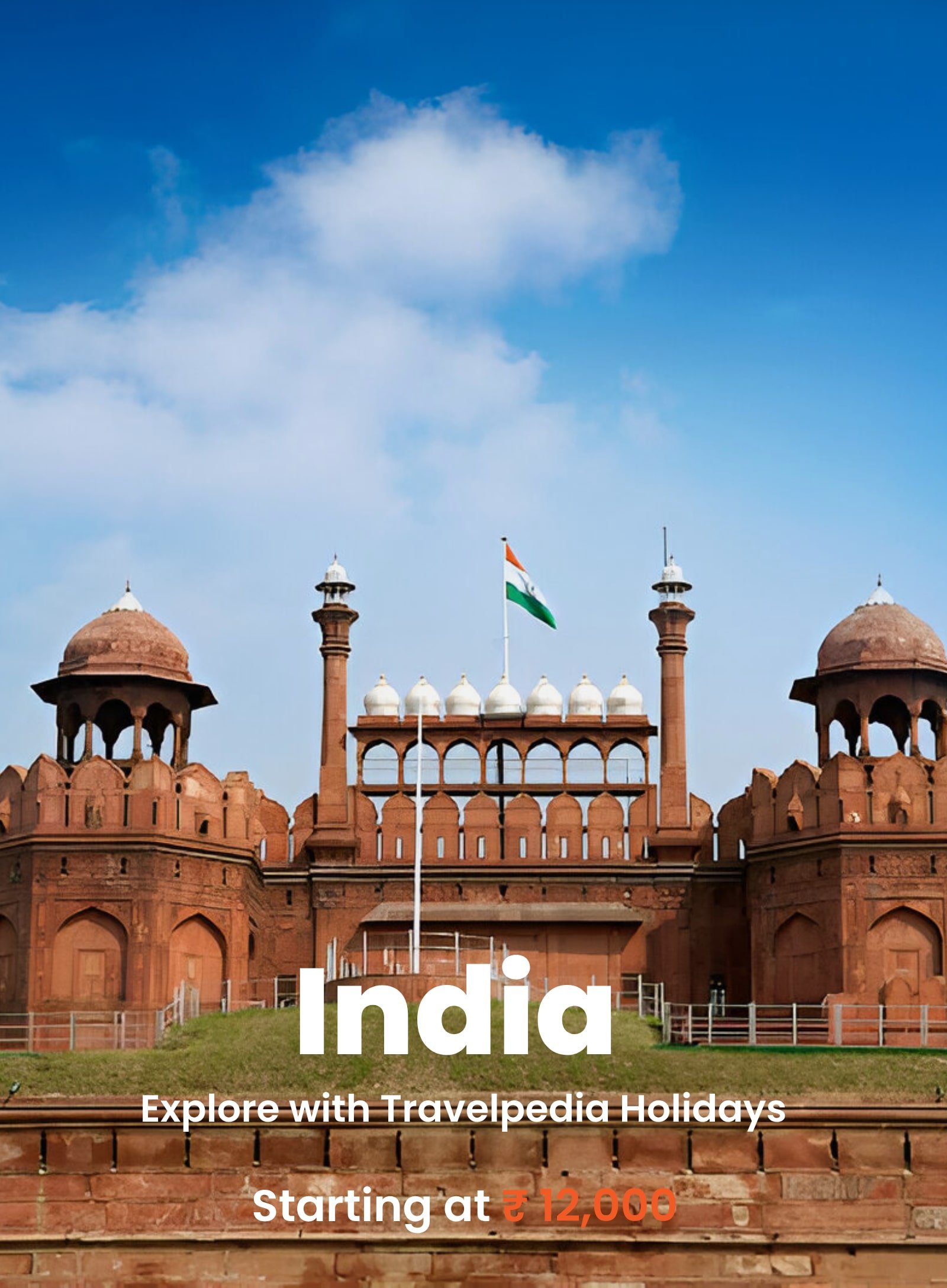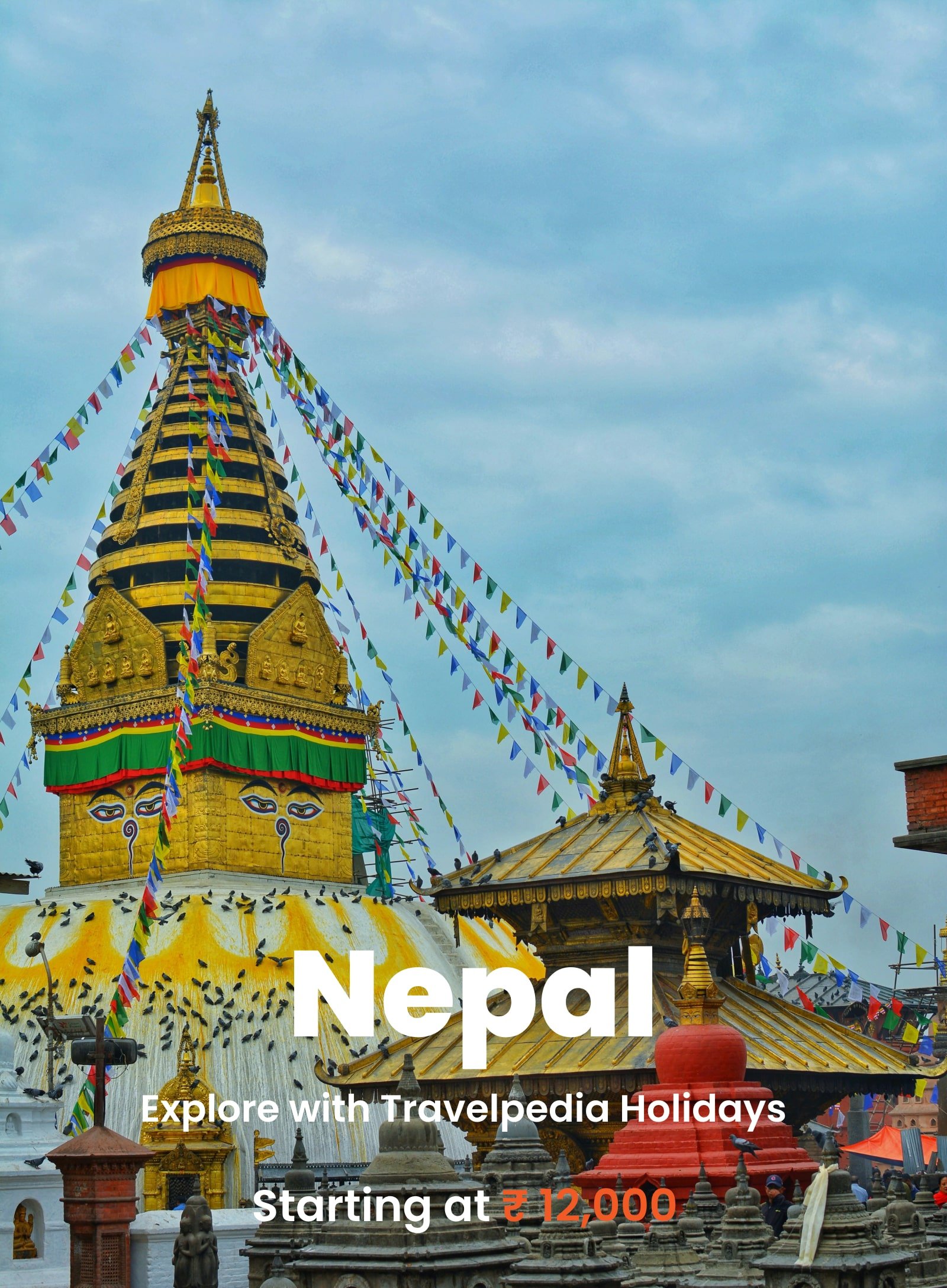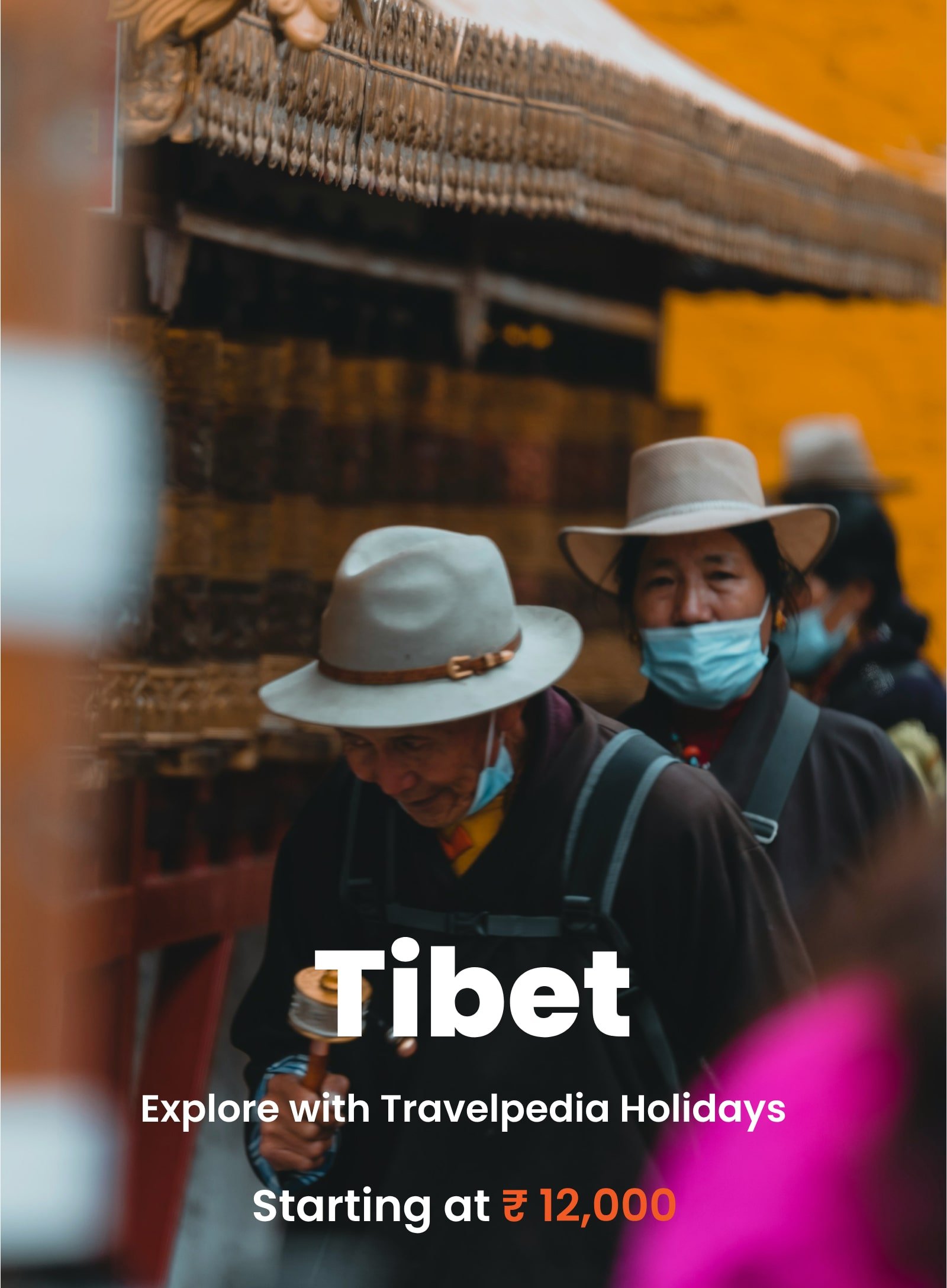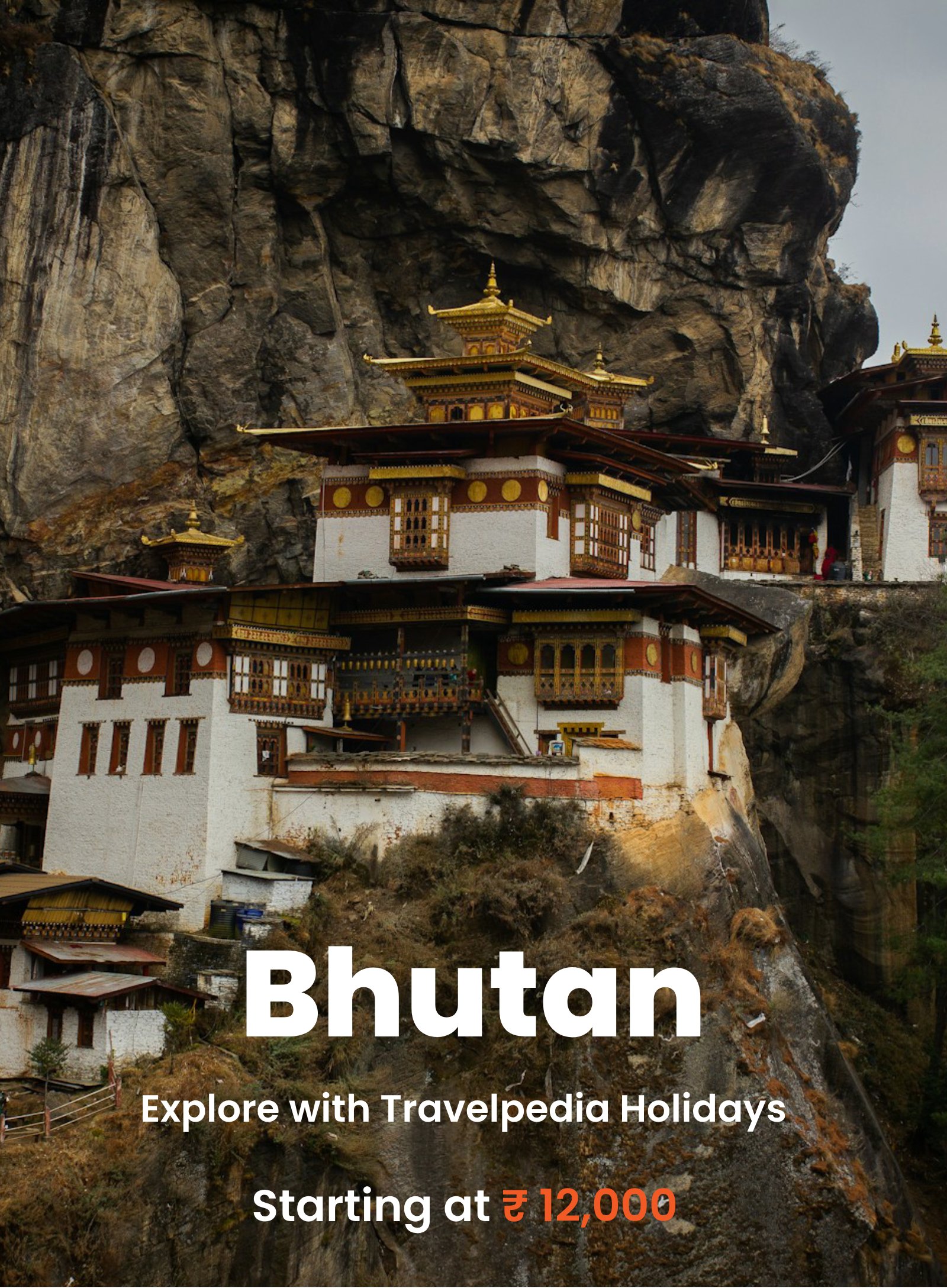Best of Bhutan Visit to Taktsang Monastery
Explore the enchanting kingdom of Bhutan on this 5-night, 6-day journey, culminating in a breathtaking hike to the iconic Taktsang Monastery (Tiger’s Nest). Discover the vibrant culture of Thimphu, the serene beauty of Punakha, and the historical charm of Paro. Visit magnificent dzongs, experience Bhutanese traditions, and witness stunning Himalayan landscapes while enjoying warm Bhutanese hospitality on this unforgettable adventure.
Overview
This 6-day adventure through Bhutan offers a perfect blend of cultural immersion, spiritual exploration, and scenic beauty. Begin your journey in Paro, where you’ll explore ancient dzongs and monasteries. Travel to Thimphu, Bhutan’s lively capital, and witness its harmonious blend of tradition and modernity. A visit to Punakha allows you to admire its picturesque valleys and the stunning Punakha Dzong.
The highlight of this journey is the trek to Taktsang Monastery, famously known as Tiger’s Nest, perched dramatically on a cliff 3,000 feet above the valley. Experience Bhutan’s rich heritage, stunning mountain vistas, and warm hospitality throughout your trip. Whether you’re seeking adventure, spirituality, or cultural insight, this itinerary ensures an unforgettable Bhutanese experience.
Get a Quote
What to Expect
- Taktsang Monastery Trek – Hike to Bhutan’s most famous landmark, the breathtaking Tiger’s Nest Monastery.
- Cultural Heritage – Visit historical sites like Punakha Dzong, Tashichho Dzong, and Rinpung Dzong.
- Scenic Mountain Passes – Witness panoramic views from Dochula Pass and other high-altitude spots.
- Spiritual Insights – Explore sacred Buddhist monasteries and temples filled with centuries-old traditions.
- Traditional Bhutanese Life – Experience the lifestyle of Bhutanese people through village walks and local interactions.
Itinerary
Your journey begins as you arrive at Paro International Airport, where you’ll be welcomed with Bhutanese hospitality. After a scenic drive to Thimphu, the capital city, explore its cultural gems, including the grand Tashichho Dzong, the vibrant Centenary Farmers’ Market, and the serene Memorial Chorten. End the day with a stroll through Thimphu’s charming streets, soaking in its unique blend of tradition and modernity.
Start the day with a visit to the Buddha Dordenma Statue, offering panoramic views of the valley. Explore Changangkha Lhakhang, Bhutan’s oldest temple, before driving towards Punakha via Dochula Pass (3,100m). Pause at the 108 Druk Wangyal Chortens and admire the spectacular Himalayan scenery. Upon reaching Punakha, visit the magnificent Punakha Dzong, set at the confluence of two rivers, and walk across the picturesque Punakha Suspension Bridge.
After breakfast, drive back to Paro, stopping at Simtokha Dzong, the oldest fortress in Bhutan. Upon arrival, visit Kyichu Lhakhang, a sacred temple believed to be one of the oldest in the country. Take a leisurely walk through Paro Town, exploring its traditional markets, handicraft shops, and charming cafés, giving you a taste of Bhutanese culture.
This day marks the highlight of your journey—a hike to Taktsang Monastery (Tiger’s Nest). Perched on a dramatic cliff at 3,120m, this sacred Buddhist site offers breathtaking views of Paro Valley. The trek takes about 4–5 hours (round trip), with stops for rest and scenic appreciation. After descending, relax at a traditional Bhutanese farmhouse, enjoying authentic butter tea and local hospitality.
For those seeking more adventure, take a scenic drive to Chele La Pass (3,988m), the highest motorable road in Bhutan, where you’ll be rewarded with stunning Himalayan vistas. If time permits, continue towards the remote and untouched Haa Valley, known for its picturesque landscapes and deep-rooted Buddhist culture. Return to Paro in the evening for a relaxing overnight stay.
Enjoy a peaceful morning in Paro, taking in the last glimpses of Bhutan’s stunning beauty. Depending on your flight schedule, you can visit a local café or shop for souvenirs before heading to Paro International Airport for departure. As you bid farewell to this mystical kingdom, carry with you unforgettable memories of Bhutan’s enchanting landscapes, spiritual essence, and warm hospitality.
Important Instructions
Here are some important instructions to keep in mind when traveling to the Indian subcontinent:
- Visa Requirements: All foreign travelers (except Indian, Bangladeshi, and Maldivian citizens) must obtain a Bhutan visa before arrival. The visa is processed through an authorized Bhutanese tour operator and requires advance booking.
- Health Precautions: No specific vaccinations are required for Bhutan, but it’s recommended to be vaccinated against typhoid, hepatitis A/B, and tetanus. The high altitude in some areas may cause altitude sickness, so acclimatization is advised.
- Currency: The official currency is the Bhutanese Ngultrum (BTN), but Indian Rupees (INR) are widely accepted. ATMs are available in major cities like Thimphu and Paro, but international cards may not work everywhere, so carry cash.
- Weather: Bhutan experiences four distinct seasons, with spring (March-May) and autumn (September-November) being the best times to visit. Winters (December-February) can be very cold, while monsoons (June-August) bring heavy rainfall.
- Cultural Sensitivity: Respect local customs by wearing modest attire, especially when visiting monasteries and dzongs. Long sleeves, full-length pants, and covered shoulders are recommended. Always remove shoes before entering religious sites.
- Safety: Bhutan is one of the safest travel destinations, but respecting local etiquette is essential. Always walk clockwise around stupas and prayer wheels, and avoid touching sacred objects or pointing your feet at religious statues.
- Transportation: Bhutan has no railways; travel is primarily by road. Be prepared for winding mountain roads, which may cause motion sickness. Private vehicles with experienced drivers are recommended for comfort.
- Sustainable Travel & Environment: Bhutan follows a “High-Value, Low-Impact” tourism policy. Plastic bans are enforced, and littering is strictly prohibited. Respect nature by minimizing waste and supporting eco-friendly practices.
- Emergency Numbers: Save important contacts like the nearest hospital, your travel agency, and the Bhutanese police (113). Having a local guide ensures quick assistance in case of any emergency.

